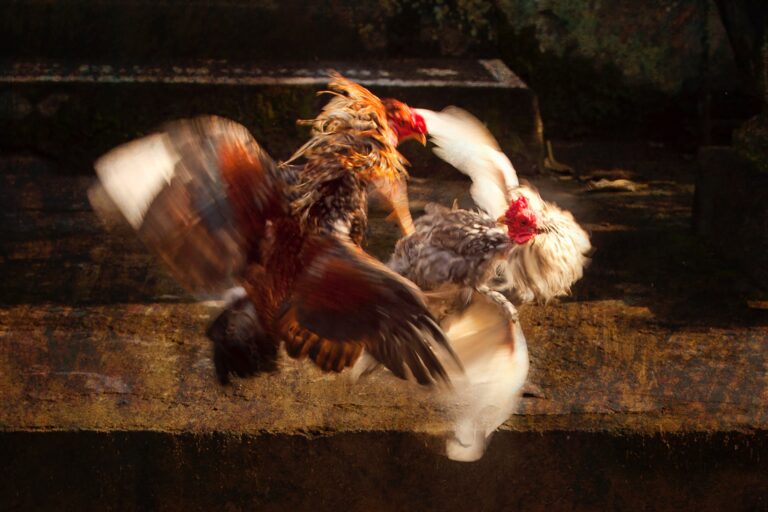Is Cockfighting Legal in Bolivia?
Cockfighting is a controversial sport in many countries, and Bolivia is no exception. While it is not explicitly illegal, there are various laws and regulations in place that restrict the practice of cockfighting, with some regions having stricter enforcement than others. In this article, we will discuss the legality of cockfighting in Bolivia, how it is known locally, and provide some helpful resources for further information.
What is the Brief Overview of Cockfighting in Bolivia?
Cockfighting is a traditional sport in Bolivia, with roots tracing back to the pre-Columbian era. It involves pitting two specially bred roosters, or gamecocks, against each other in a small arena. The birds are often fitted with sharp blades or spurs on their legs to inflict damage on their opponent. The fight continues until one bird is killed or unable to continue, with the winning bird’s owner typically receiving a cash prize.
- Tradition: Cockfighting is a centuries-old practice in Bolivia, with cultural significance in some communities.
- Prevalence: The sport is more prevalent in rural areas and smaller towns, where it is often a significant social event.
- Controversy: Cockfighting is a contentious issue in Bolivia, with animal rights activists and some government officials calling for stricter regulations or a complete ban on the sport.
How is Cockfighting Known Locally in Bolivia?
In Bolivia, cockfighting is known by various local names, including:
- Pelea de gallos: Literally translated as rooster fight, this is the most common term used to describe cockfighting in Bolivia.
- Riña de gallos: Another term for cockfighting, riña can also mean a brawl or quarrel.
What are the Laws, Penalties, and Law Enforcement Regarding Cockfighting in Bolivia?
Although there is no specific law in Bolivia that bans cockfighting, various regulations restrict the practice:
- Animal protection laws: Bolivia has national laws that protect animals from cruelty and mistreatment, which could be applied to cockfighting.
- Local ordinances: Some municipalities have their own ordinances that prohibit or regulate cockfighting, with penalties ranging from fines to imprisonment.
- Law enforcement: The enforcement of laws and regulations related to cockfighting varies by region. In some areas, police may crack down on illegal cockfighting events, while in others, the practice may be tolerated or even openly supported.
Where Can You Find Helpful Links, Government Laws, and Resources about Cockfighting in Bolivia?
For more information on the legality and regulation of cockfighting in Bolivia, consider the following resources:
- Ley 700 de Defensa de los Animales (Animal Defense Law 700): This is the main Bolivian law related to animal protection, which could potentially be applied to cockfighting.
- Animal Legal & Historical Center: This website, run by Michigan State University, provides information on animal laws in various countries, including Bolivia.
- World Animal Protection: This international animal welfare organization has information on global efforts to combat animal cruelty, including cockfighting.
In conclusion, while cockfighting is not explicitly illegal in Bolivia, there are various laws and regulations in place that restrict the practice. The enforcement of these laws varies by region, and the sport remains a contentious issue in the country. For more information on the legal aspects of cockfighting in Bolivia, consult the resources listed above.
